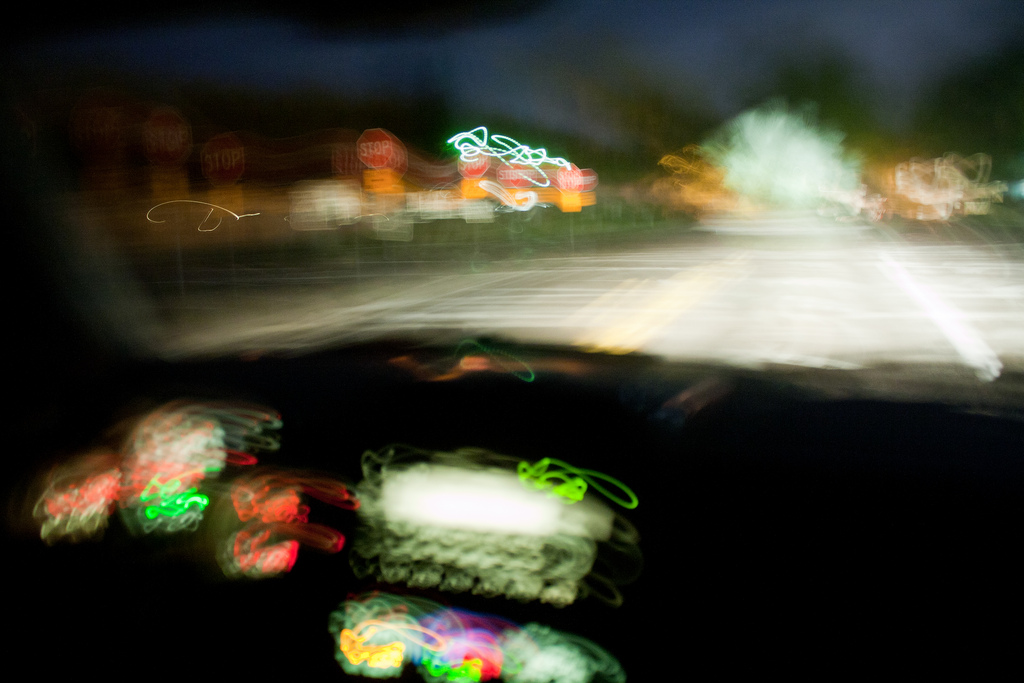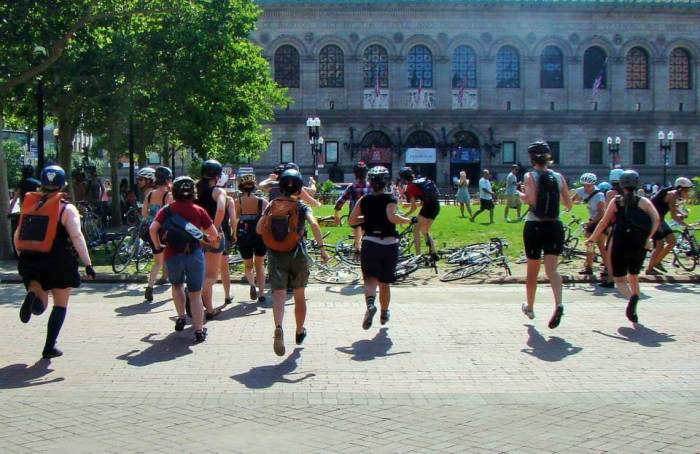I was looking into all the different ways the brain gets confused or scrambled by modern life. Given that the world around us humans is the result of us having big powerful brains and the intelligence that comes from them, it’s technically a victim of its own success. But I feel the brain has a mystique and awe about it that can be unhelpful, even harmful. I wanted to puncture that, and travel sickness was one good example of how the brain isn’t some all-powerful entity and can get things wrong or be confused.
In a world where travel is increasingly common then motion sickness is going to become a bigger issue — especially if you bring space travel into it, as the lack of gravity can often make things far worse again. Finding out what causes it and how to deal with it will make a lot of people’s lives easier. It will also help us understand how the brain works at fundamental levels, and the applications of such information could be far-ranging.
The current main theory, the one most commonly cited, is that artificial movement via vehicles is something the brain hasn’t evolved to process. The sensory signals don’t match up — no activity in the muscles and limbs, no obvious visual cues, but plenty of movement being sensed by the balance sensors. The parts of the brain responsible for sensory processing get confused, possibly concluding that a hallucination is occurring. The only real cause of this, as far as the primitive parts of the brain are concerned, is poison, so the vomit reflex is triggered to get rid of it.
I enjoyed discovering that self-driving cars make people more prone to motion sickness, because they’re not as physically involved with the process I reckon, and thus more prone to the sensory mismatch.
There are many theories. Looking out of the window or staring at a fixed point at the horizon allows the brain to visually recognise motion better as it can see all the things going by, so the mismatch is reduced. There are simple things like ginger, which address the stomach upset directly but don’t deal with the brain issue. And there are medications which reduce the signals from the balance sensors for serious cases. A lot of the time though people just grow out of it. Children’s brains are still developing so they’re more prone to it.
More research, more study, more efforts to look into the exact mechanism and deal with it safely and effectively.
This is why you get carsick

Flickr/CC
Why do we get car sick? According to Dr Dean Burnett, neuroscientist at the UK-based Cardiff University, who recently published a book “Idiot Brain: What Your Head is Really Up To,” our brain believes it has been poisoned. Being in a car, plane, train or boat causes conflicting signals in our head: although muscles are motionless, eyes tell the brain you are moving while fluid in the balance sensors in the ears is rocking around to suggest movement as well. As scientist explains to us, in evolutionary terms “the only real cause of this is poison, so the vomit reflex is triggered to get rid of it.”
How came the idea to look into car sickness?
Why car sickness is so important?
What provokes it?
And self-driving cars?
What are the best ways to fight car sickness?
What’s next?


















